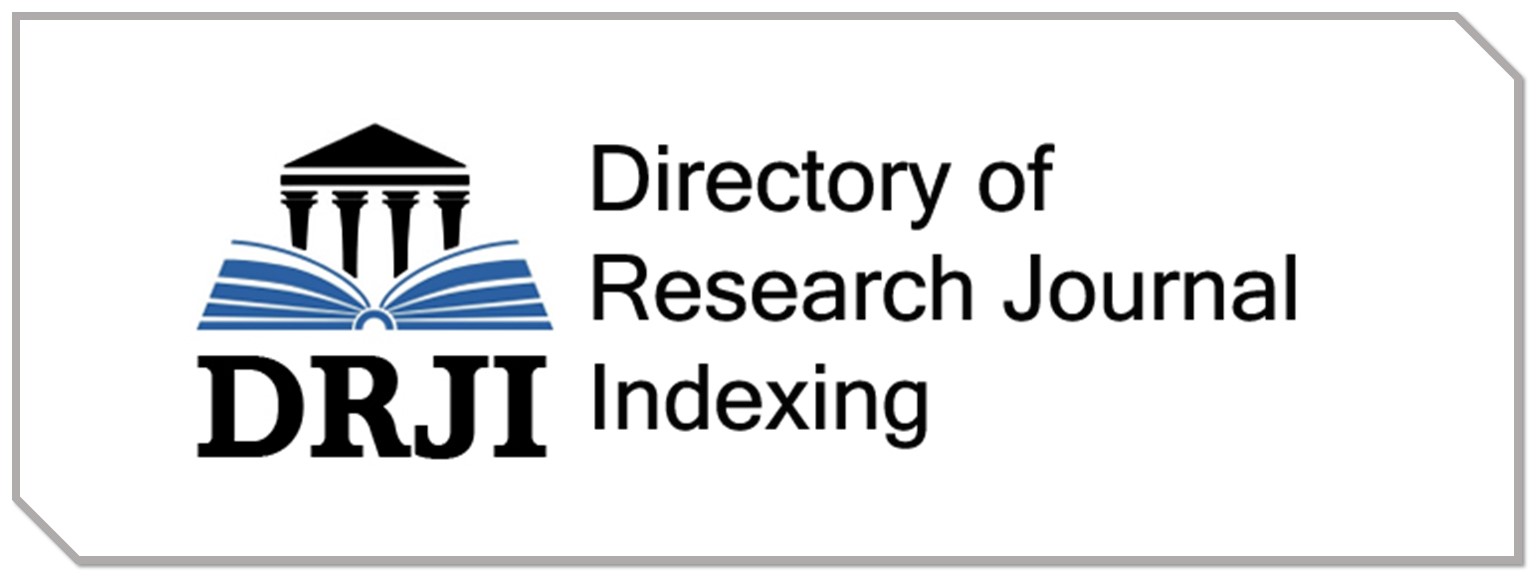The Developing Stages of American Postmodern Literature and its Importance
Keywords:
American postmodern literature, developing stages, literary evolution, key authors, disillusionment, absurdity, sociopolitical context, mainstream recognition, diversity in literature, globalization, narrative forms, intertextuality, cultural reflectionAbstract
This article explores the developing stages of American postmodern literature, tracing its evolution from the mid-20th century to the present. Beginning with early influences in the 1940s and 50s, the discussion highlights key authors and works that laid the groundwork for the postmodern movement. The establishment phase of the 1960s showcases the thematic exploration of disillusionment and absurdity, driven by a backdrop of sociopolitical upheaval. The 1970s and 80s marked a period of mainstream recognition and the incorporation of diverse voices, with significant contributions from women and minority authors. The refinement and expansion of the genre during the 1990s and 2000s reflect the impact of globalization and technology on narrative forms and themes. Ultimately, the importance of American postmodern literature lies in its cultural reflection, challenge to literary norms, amplification of marginalized voices, critical examination of contemporary issues, and emphasis on intertextuality. This paper underscores the significance of postmodern literature in shaping discourse around identity, reality, and society in an increasingly complex world.










